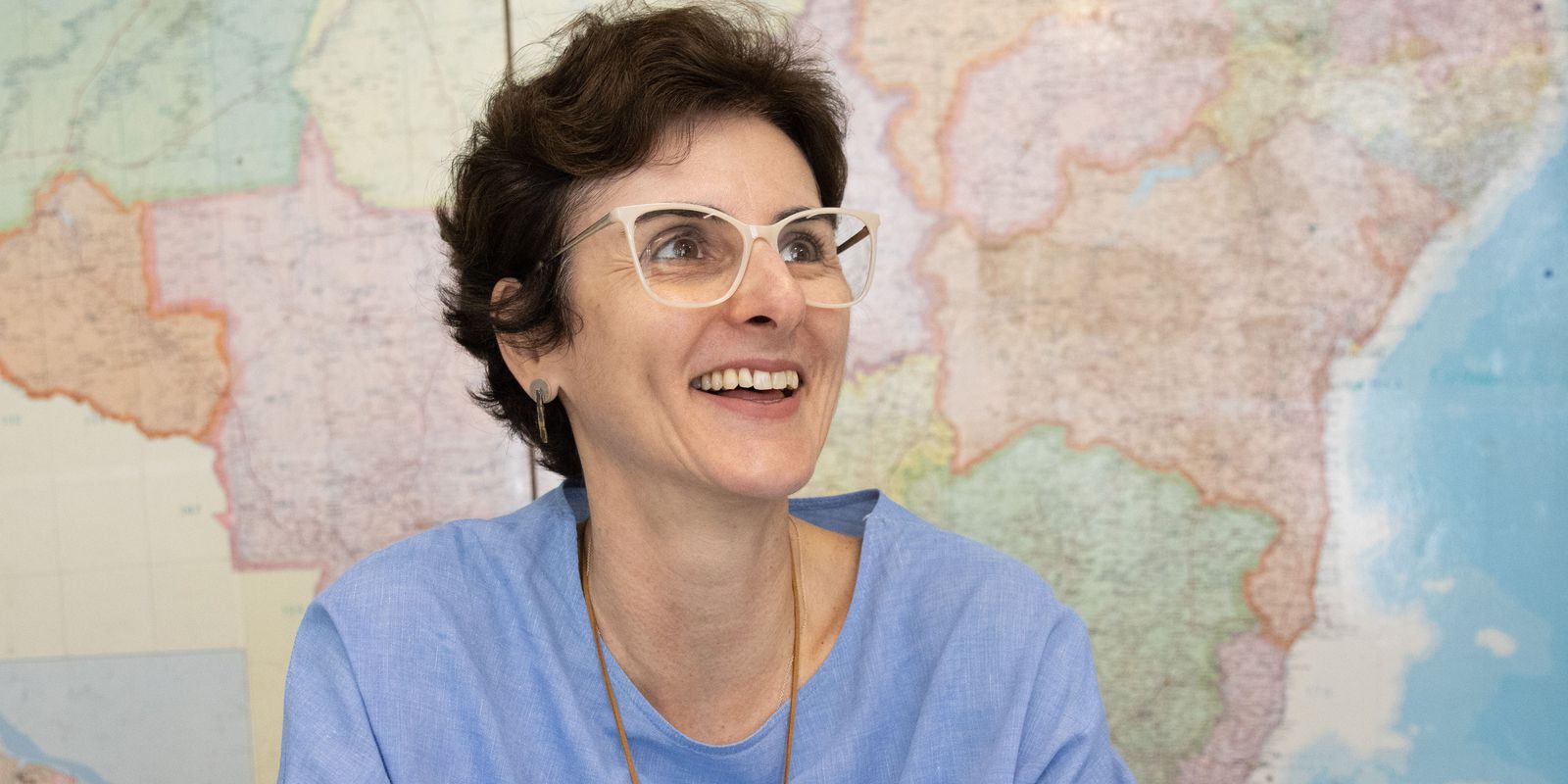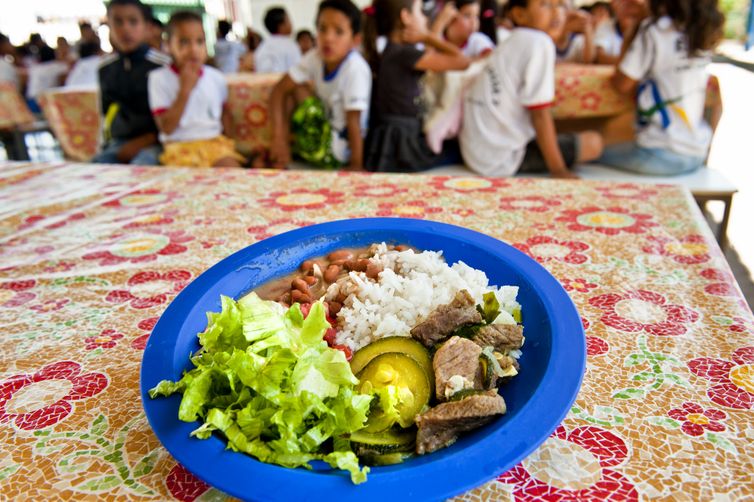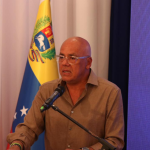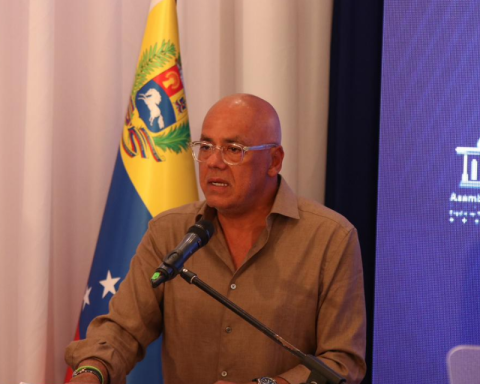

In 2014, the Food and Agriculture Organization of the United Nations (FAO) announced that Brazil was off the Hunger Map in the world. 
 Today, almost ten years later, food insecurity again affects more than 33 million Brazilians, according to a study published in 2022 by the Brazilian Research Network on Food and Nutritional Sovereignty and Security (Penssan).
Today, almost ten years later, food insecurity again affects more than 33 million Brazilians, according to a study published in 2022 by the Brazilian Research Network on Food and Nutritional Sovereignty and Security (Penssan). 

During the inauguration ceremony, in January of this year, the President of the Republic, Luiz Inácio Lula da Silva, stated that ending hunger is one of the priorities of your government.
Reverse the situation in which the country finds itself 
 today ensuring adequate food for the entire population, however, will be a difficult task.
today ensuring adequate food for the entire population, however, will be a difficult task.
According to the national secretary of Food and Nutrition Security, Lilian Rahal, it took more than ten years for the fight against hunger to culminate in Brazil leaving the Hunger Map – analyzing the first governments of Lula (2003 to 2010) and the mandate of Dilma Rousseff (from 2011).
“President Lula has made it very clear that, until the end of the government, he would like people to have three meals a day”, said the secretary.
“Our minister [Wellington Dias, do Desenvolvimento Social] has said that he wants to remove Brazil from the Hunger Map [novamente], that we want to guarantee the food security of the Brazilian population. It is indeed possible to reverse the current situation in the next four years. Remembering that, in past moments, we took more 
 out of ten
out of ten 
 years to revert this situation, so it is a very big challenge to revert the current situation of hunger and malnutrition in just four years, but the government is working and articulated for this”, highlighted the secretary.
years to revert this situation, so it is a very big challenge to revert the current situation of hunger and malnutrition in just four years, but the government is working and articulated for this”, highlighted the secretary.
According to her, the previous government left a legacy for the policies to combat hunger that includes disorganization and disarticulation of programs, few civil servants and 
 low budget in the Annual Budget Bill (PLOA) of 2023.
low budget in the Annual Budget Bill (PLOA) of 2023.
“In recent years, the agenda has been touched by people who do not understand the subject, who are not from the area, and have made an effort to remove any possibility of building a food security agenda. Since the extinction of Consea [Conselho Nacional de Segurança Alimentar e Nutricional]on January 1, 2019, until the complete destruction of the budget in the 2023 PLOA”.
According to the secretary, the current government’s strategies to combat food insecurity in the country involve “broad public policies”, which involve issues such as increasing the production of basic foodstuffs, through the Crop Plan, actions to provide meals by municipalities and guaranteeing the arrival of food to places with the highest rates of malnutrition.
The expansion of family income, with actions such as restructuring of Bolsa Familiarecovering the purchasing power of the minimum wage and creating jobs are also priorities for the federal government.
“Both the idea of 
 to have
to have 
 income via income transfer, how much job and income generation strategies help to
income via income transfer, how much job and income generation strategies help to 
 to have
to have 
 access [aos alimentos]”, he said.
access [aos alimentos]”, he said.
Another policy that should be strengthened is the National School Feeding Program (Pnae), in which the federal government transfers resources to states and municipalities in order to guarantee meals to students.
“We know that many children have the school meal as one of their main meals, if not the main meal of the day”, he explains.
“The government recognizes this, knows its importance and will focus part of the work of its different bodies so that the Pnae has a full implementation over the next four years and that schools are able to buy and provide real food for the 40 million children who attend. feed daily in schools.”
Another important front is the regulation of the food sector in the country in order to combat obesity, one of the faces of food insecurity. “We have the need to face this, in a broad and intersectoral way, considering the multiple faces that hunger and malnutrition manifest. It is not possible for people to only have access to ultra-processed products, because people may apparently be eating, but they are still in a state of malnutrition.”













![[Video] Mining strike: six vehicles burned on the roads of Antioquia "Peaceful protest?" [Video] Mining strike: six vehicles burned on the roads of Antioquia "Peaceful protest?"](https://latin-american.news/wp-content/uploads/2023/03/Video-Mining-strike-six-vehicles-burned-on-the-roads-of-1024x614.jpg)




